
What is Neurodiversity?
Neurodiversity refers to the diverse ways in which the human brain functions and processes information. It is an approach to understanding and valuing the unique strengths and differences that arise from variations in the way that the brain is wired and functions.
At its core, neurodiversity is about recognizing and celebrating the fact that every individual is different, and that these differences should be valued and respected. This includes differences in how people think, learn, and process information, as well as differences in how they communicate, socialize, and experience the world around them.
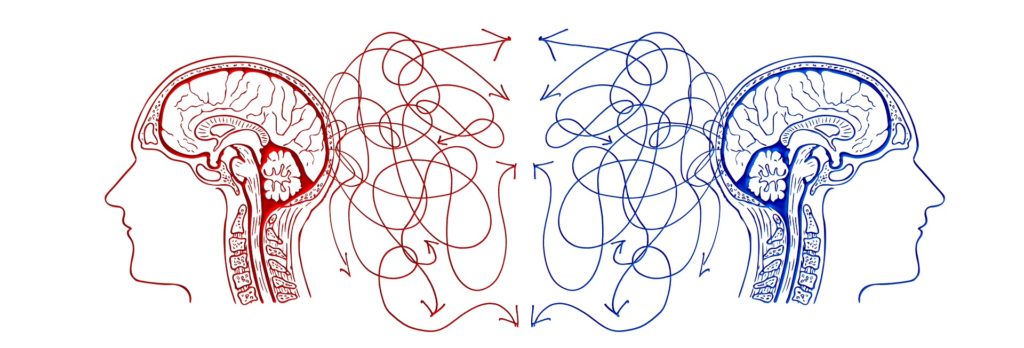
Neurodiverse Examples
Some specific examples of neurodiversity include differences in learning styles, such as visual learners versus auditory learners, and differences in sensory processing, such as being highly sensitive to certain stimuli or being more resilient to them. Neurodiversity also includes differences in how people process and express emotions, and in how they interact with others and navigate social situations. There are a variety of neurodiverse conditions that include: ADHD, Autism, Dyspraxia, Dyslexia, Dyscalculia, Dysgraphia, and Tourette’s syndrome.
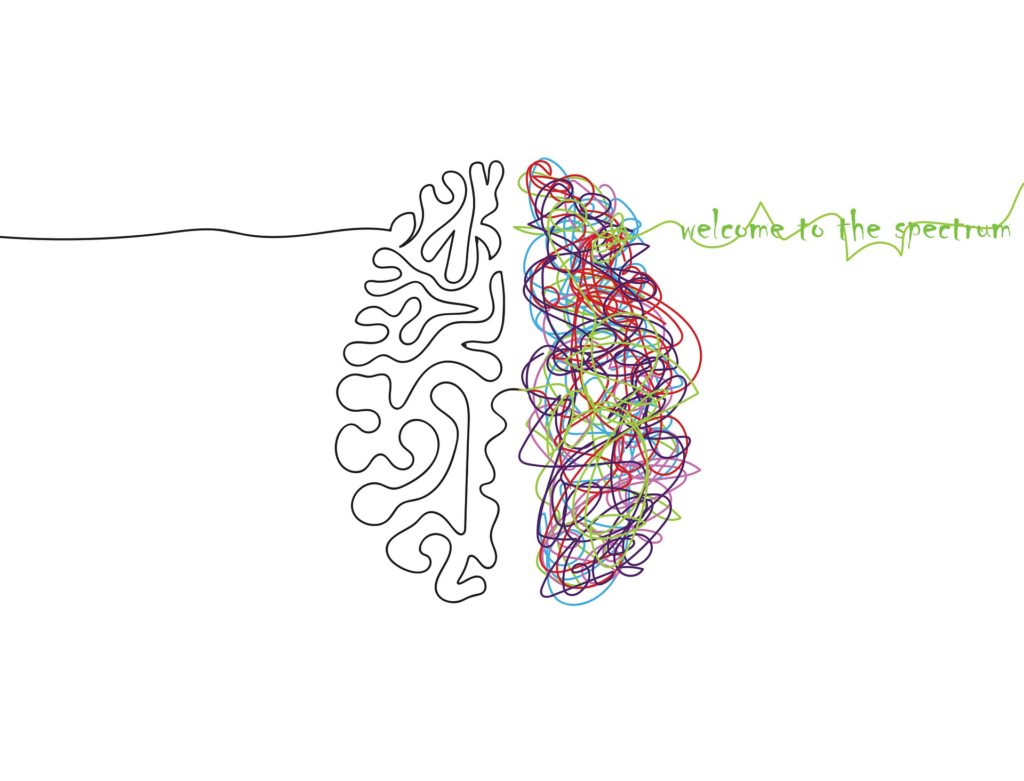
Autism spectrum disorder (ASD) is a neurological disorder that affects an individual’s ability to communicate and interact with others, as well as their ability to process and interpret sensory information. Individuals with ASD may have difficulty with social interactions and may also exhibit repetitive behaviors or have sensory sensitivities. ASD is a spectrum disorder, which means that the severity of symptoms can vary widely. Treatment for ASD may include therapy, medication, and support to help individuals learn new skills and navigate their environment.
Attention deficit hyperactivity disorder (ADHD) is a neurological disorder that affects an individual’s ability to regulate their attention, behavior, and activity level. Individuals with ADHD may have difficulty maintaining focus and paying attention, and may also struggle with impulse control and managing their emotions. Symptoms of ADHD can vary in severity and may present differently in different individuals. ADHD is often treated with a combination of medication and therapy.
Dyspraxia, also known as developmental coordination disorder, is a neurological disorder that affects an individual’s ability to plan and coordinate movements and actions. Individuals with dyspraxia may have difficulty with tasks that require fine motor skills, such as writing or tying shoelaces, and may also have difficulty with balance and coordination. Dyspraxia is often treated with occupational therapy and other forms of therapy to help individuals improve their motor skills and independence.
Dyslexia is a learning disorder that affects an individual’s ability to read, write, and spell. Individuals with dyslexia may have difficulty with phonemic awareness, or the ability to hear and manipulate the sounds in words, and may also struggle with word decoding, or the ability to translate written words into sounds and meanings. Dyslexia is often treated with specialized reading instruction and other forms of support to help individuals improve their reading skills.
Dyscalculia is a learning disorder that affects an individual’s ability to understand and perform mathematical concepts and calculations. Individuals with dyscalculia may have difficulty with tasks such as counting, understanding numbers and quantities, and performing basic math operations. Dyscalculia is often treated with specialized instruction and support to help individuals improve their math skills.
Dysgraphia is a learning disorder that affects an individual’s ability to write. Individuals with dysgraphia may have difficulty with handwriting, spelling, and organizing their ideas on paper. Dysgraphia is often treated with occupational therapy and other forms of support to help individuals improve their writing skills.
Tourette’s syndrome is a neurological disorder characterized by repetitive, involuntary movements and vocalizations known as tics. Tics can vary in severity and may include movements such as eye blinking, facial grimacing, or shoulder shrugging, as well as vocalizations such as throat clearing or grunting. Tourette’s syndrome is often treated with medication and therapy to help individuals manage their tics and improve their quality of life.
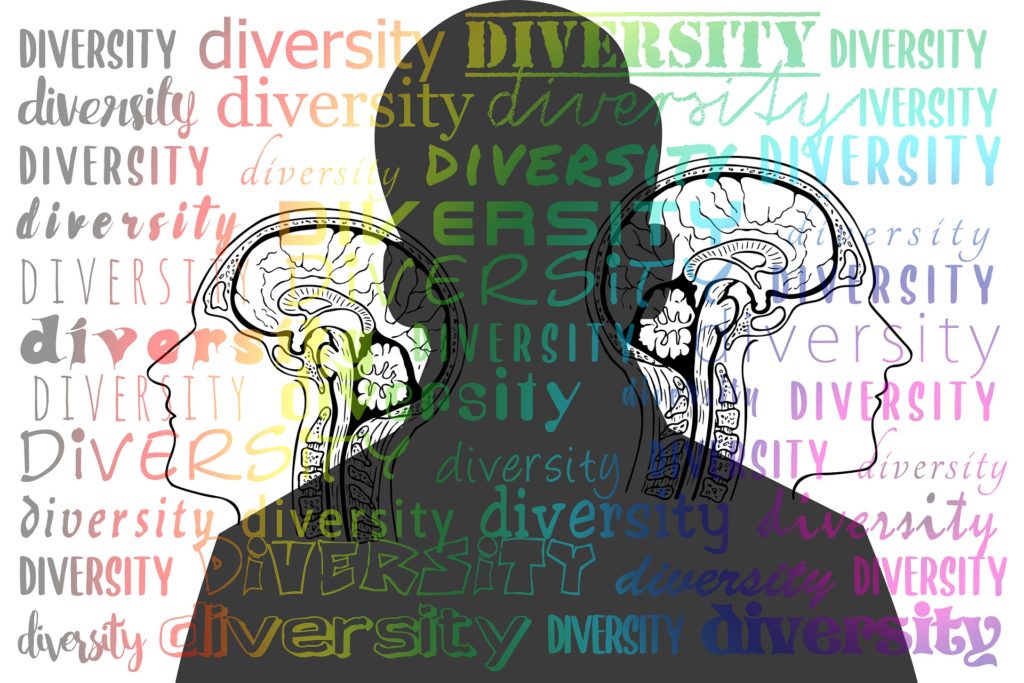
What Neurodiverse Isn’t
It is important to recognize that neurodiversity is not a deficit or a disorder, but rather a natural and normal part of human diversity. Neurodiversity should be embraced and celebrated, and individuals with neurodiverse differences should be provided with the support and accommodations they need to thrive.
For example, a student with ADHD may benefit from having additional breaks during class, or from having a designated quiet space to work. An individual with ASD may benefit from having a social story or visual schedule to help them understand and navigate social situations. Accommodations like these can help to level the playing field and allow individuals with neurodiverse differences to fully participate and succeed in their chosen activities.
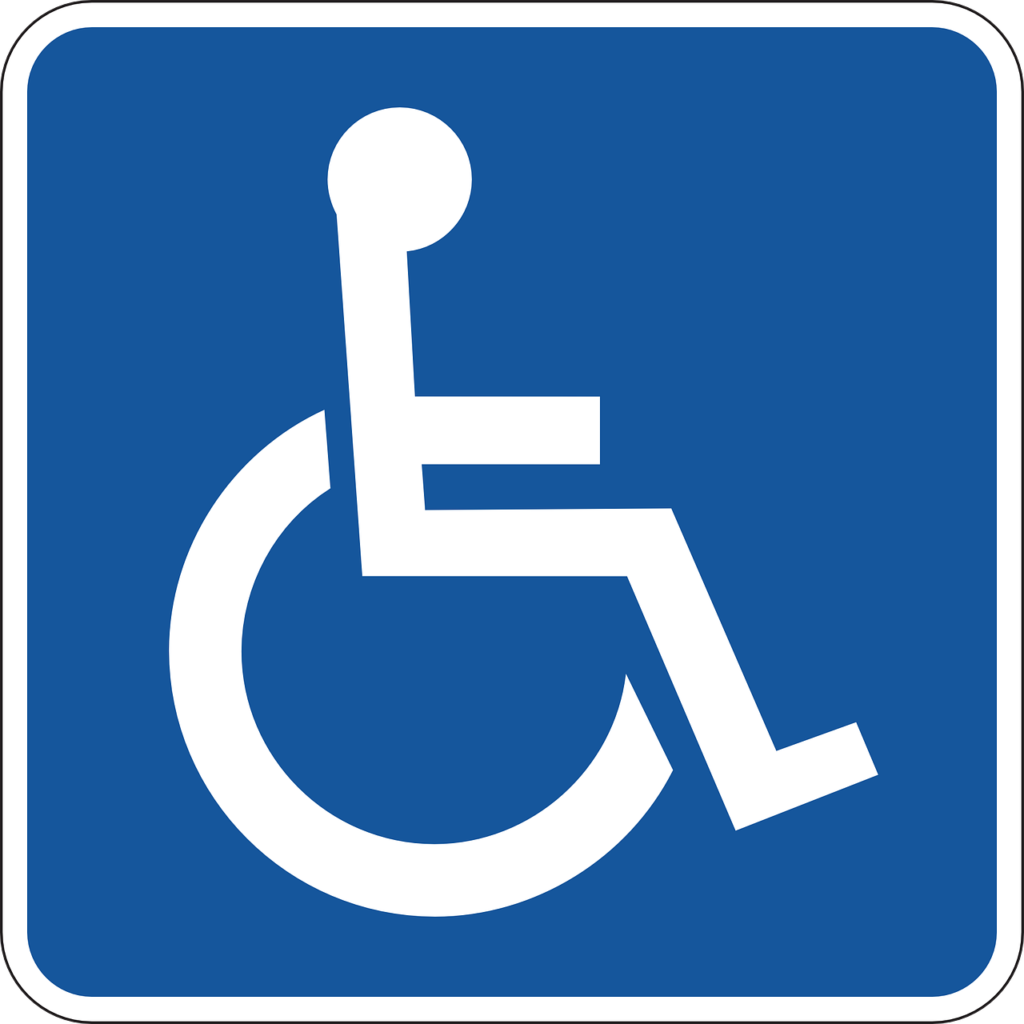
Is Neurodiversity a Disability
Neurodiversity is a term that refers to the diverse ways in which the human brain functions and processes information. It is an approach to understanding and valuing the unique strengths and differences that arise from variations in the way that the brain is wired and functions.
In this sense, neurodiversity is not a disability, but rather a natural and normal part of human diversity. It is important to recognize that neurodiversity includes a wide range of differences in brain function and behavior, and that these differences should be embraced and celebrated.
However, it is also important to recognize that some individuals with neurodiverse differences may face challenges or barriers in their daily lives as a result of their brain differences. These challenges or barriers can be referred to as “disabilities,” and may require accommodations or support in order for the individual to fully participate and succeed in their chosen activities.
For example, an individual with autism spectrum disorder (ASD) may experience difficulties with social interaction and communication, and may benefit from supports such as social stories or visual schedules to help them navigate social situations. An individual with attention deficit hyperactivity disorder (ADHD) may struggle with maintaining focus and paying attention, and may benefit from accommodations such as additional breaks during class or a designated quiet space to work.
In this way, while neurodiversity itself is not a disability, individuals with neurodiverse differences may require accommodations or support in order to fully participate and succeed in their chosen activities. It is important to recognize and address these needs in order to create an inclusive and equitable society for all.
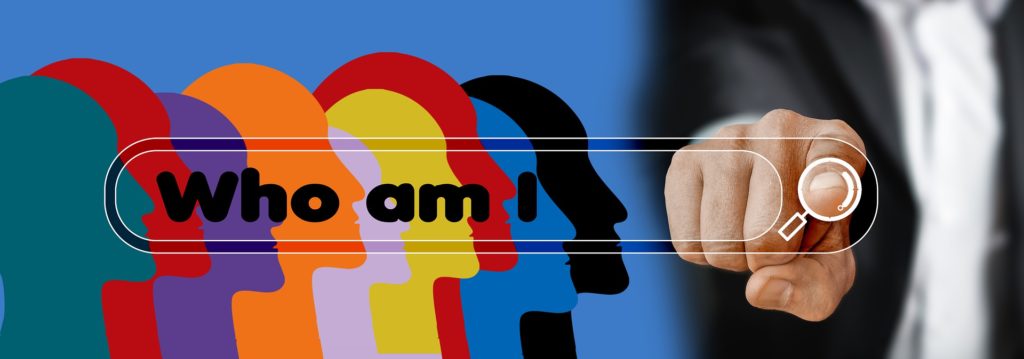
How Do I Know If I Am Neurodivergent?
It is not possible for anyone, including a trained professional, to determine if you are neurodivergent based on information provided online. Neurodiversity refers to the diverse ways in which the human brain functions and processes information, and it encompasses a wide range of differences in brain function and behavior.
If you are concerned about your own brain function or behavior, or if you are experiencing challenges in your daily life that you think may be related to your brain function, it is important to speak with a qualified healthcare professional. They will be able to assess your symptoms and provide a proper diagnosis, if needed.
Finding A New Normal
In recent years, there has been a growing recognition and acceptance of neurodiversity in society. This shift in perspective has been fueled in part by the advocacy and activism of individuals with neurodiverse differences and their families, as well as by a greater understanding of the science behind brain differences.
There is still much work to be done to ensure that individuals with neurodiverse differences are fully included and supported in all aspects of life. However, the recognition and celebration of neurodiversity is an important step towards creating a more inclusive and equitable society for all.
-Eric Beasley, MA, LPC, NCC

